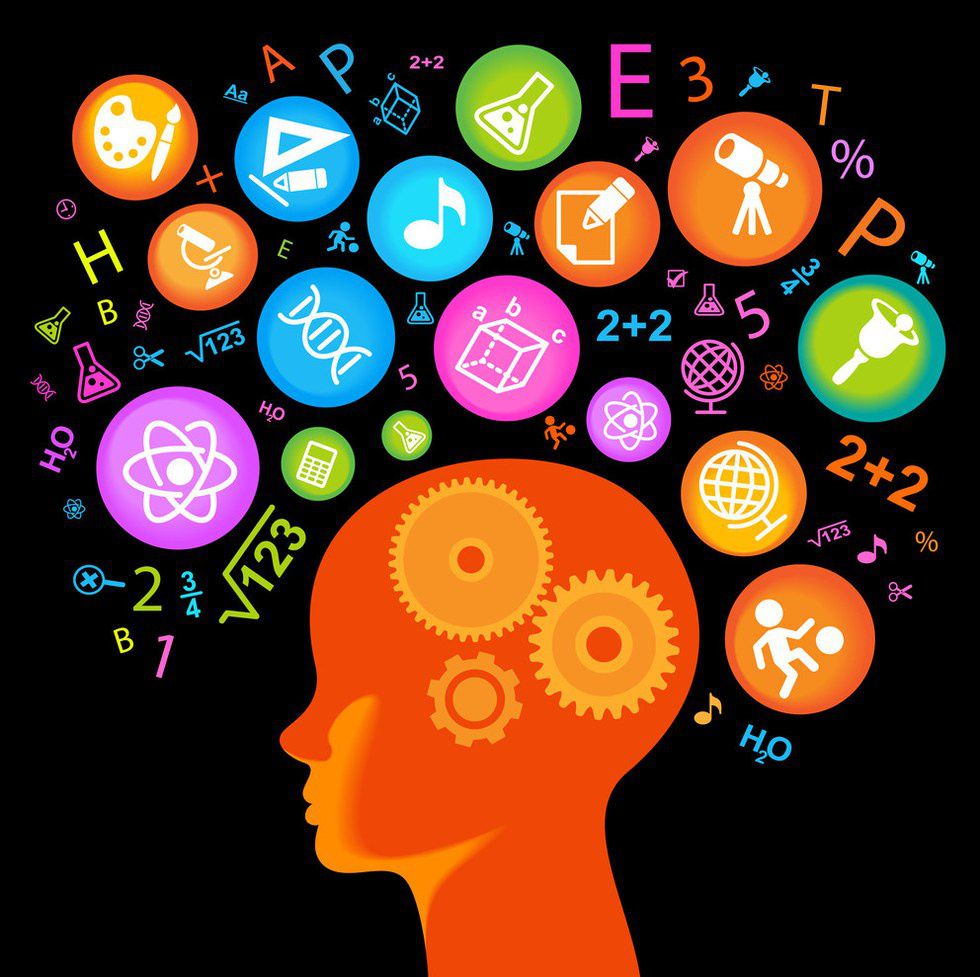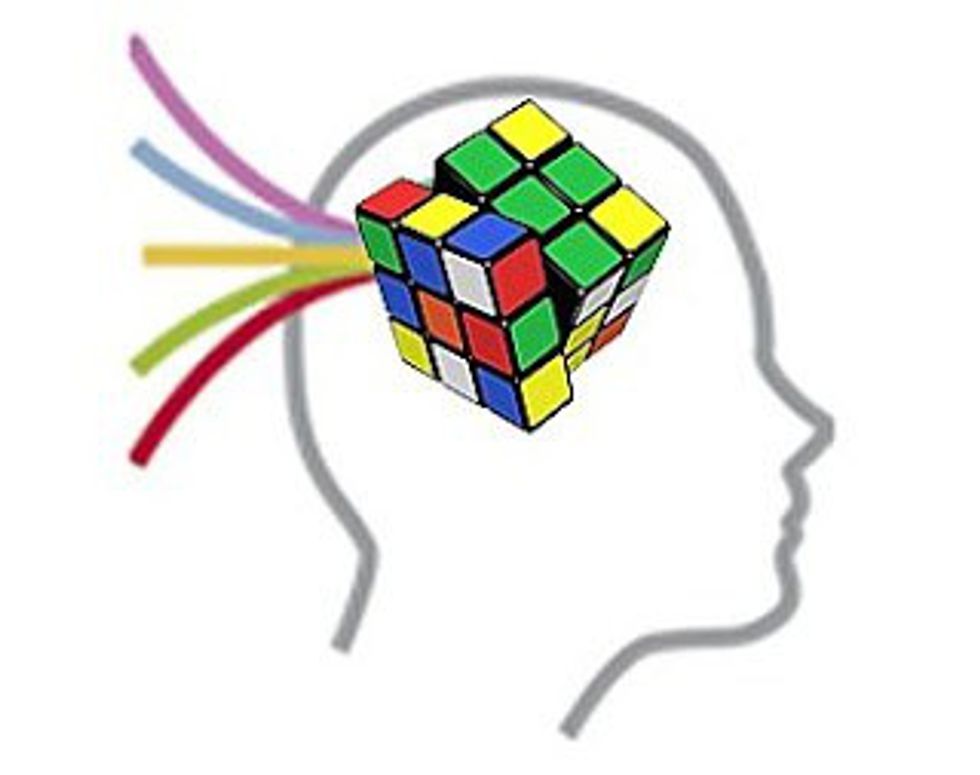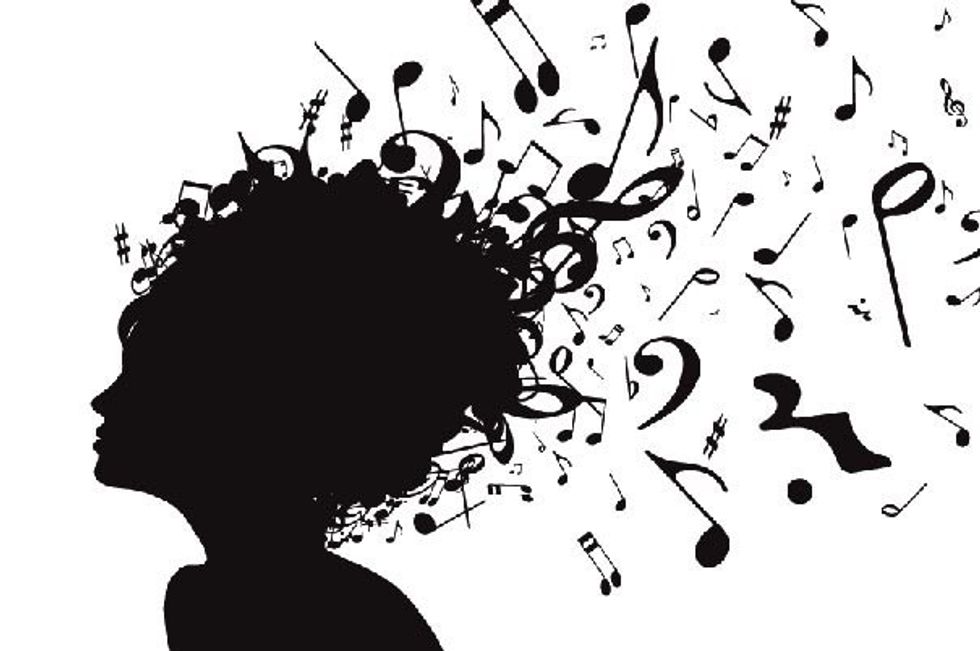According to the standard psychological view of intellect, there is a lone intelligence that can be sufficiently measured with short answer tests. Intelligence Quotient, also known as an IQ test, is by far the most popular of these exams. It merely assesses linguistic and logical-mathematical intelligence. Though this exam is a fair predictor of who will do well academically, humans have other imperative intellectual capacities that it neglects to test for. Proving or disproving strength in one area of intelligence, such as math knowledge, does not do so for other areas— like musical skills.
Howard Gardner, a professor at Harvard University, theorized that humans have a number of relatively discrete intellectual capacities that an IQ test is incapable of reviewing. After years of thorough research, Gardner identified nine distinct intelligences. They are: spatial/visual, bodily-kinesthetic, musical/rhythmic, linguistic/verbal, logical-mathematical, interpersonal, intrapersonal, naturalistic, and existentialist. His groundbreaking discovery came to be known as “Howard Gardner’s Theory of Multiple Intelligences.” To ensure all students succeed, it is imperative for educators to consider and incorporate each intelligence into his/her curriculum. I will briefly discuss the nine intelligences comprising Gardner’s theory, including potential careers or hobbies and ways one may adapt to such learners in the classroom.
Spatial/Visual Intelligence
Definition: The ability to conceptualize and manipulate large-scale spatial arrays or more local forms of space
Potential career options/hobbies: Airplane pilot, sailor, architect, chess player
Classroom adaptations: Incorporate slideshow presentations, charts, and posters in lessons; supply puzzles and crafts to manipulate during down time
Bodily-Kinesthetic Intelligence
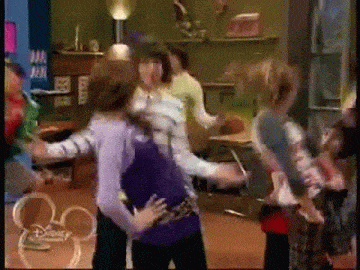
Potential career options/hobbies: Dance instructor, mime, basketball player, gymnast
Classroom adaptations: Utilize “The Bone Dance” from "Hannah Montana" as a tool when discussing the human body; students may reenact events from a story using only the body—no words or props
Musical/Rhythmic Intelligence
Definition: A sensitivity to rhythm, pitch, meter, tone, melody, and timbre
Potential career options/hobbies: Compose music, sing, play a musical instrument
Classroom adaptations: Students may compose and sing songs about a particular topic; chant multiplication tables to the beat of a drum
Linguistic/Verbal Intelligence

Potential career options/hobbies: Poet, novelist, creative writing
Classroom adaptations: Write stories and poetry; deliver a speech in front of the class
Logical-Mathematical Intelligence
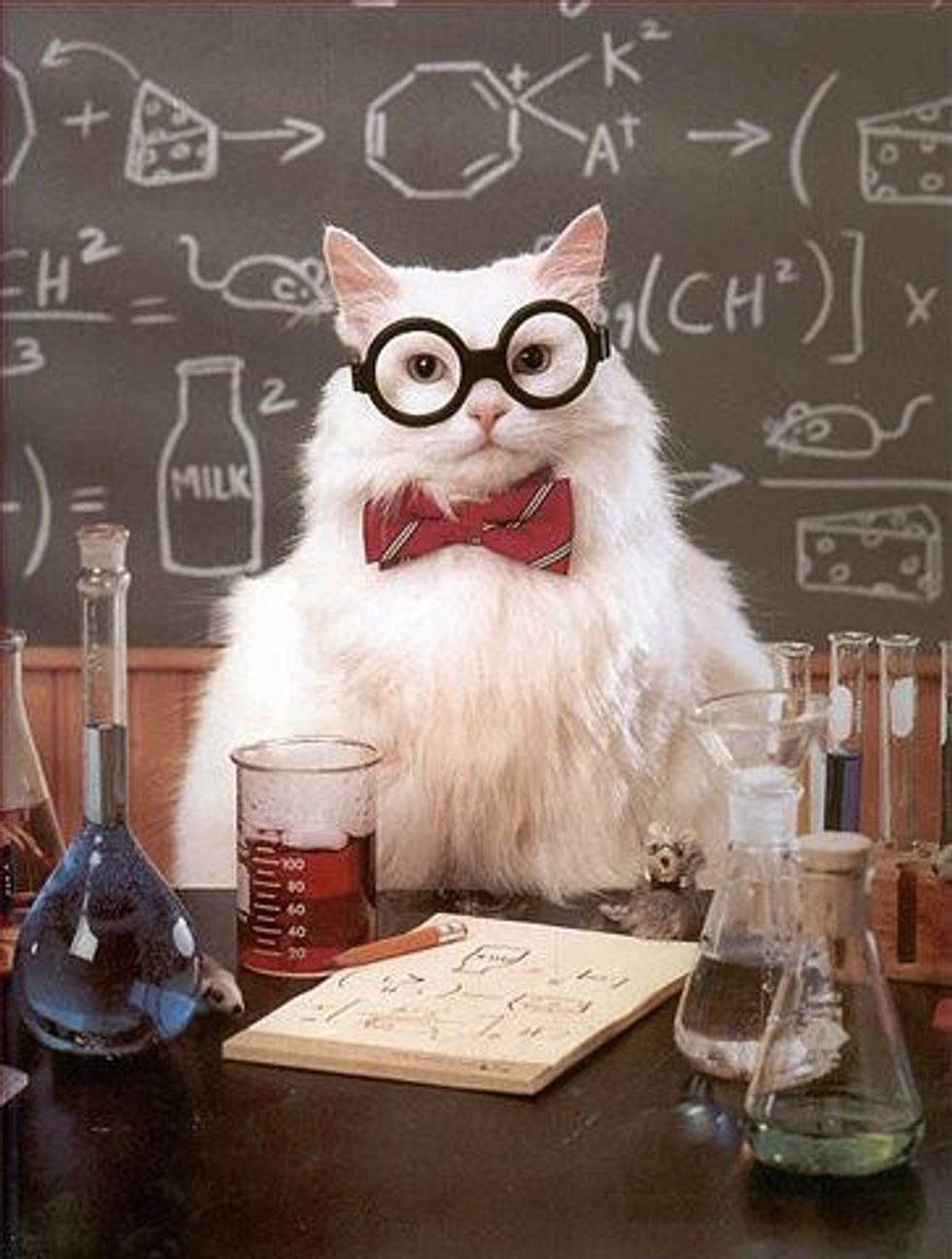
Potential career options/hobbies: Mathematician, scientist, MATHletes, science fairs
Classroom adaptations: Perform science experiments once a week; supply math games to manipulate during down time
Interpersonal Intelligence
Definition: The ability to interact effectively with others, and have a sensitivity to others’ moods, feelings, temperaments, and motivations
Potential career options/hobbies: Counselor, therapist
Classroom adaptations: Discuss the day’s agenda with students; allow students to brainstorm ideas regarding potential activities
Intrapersonal Intelligence
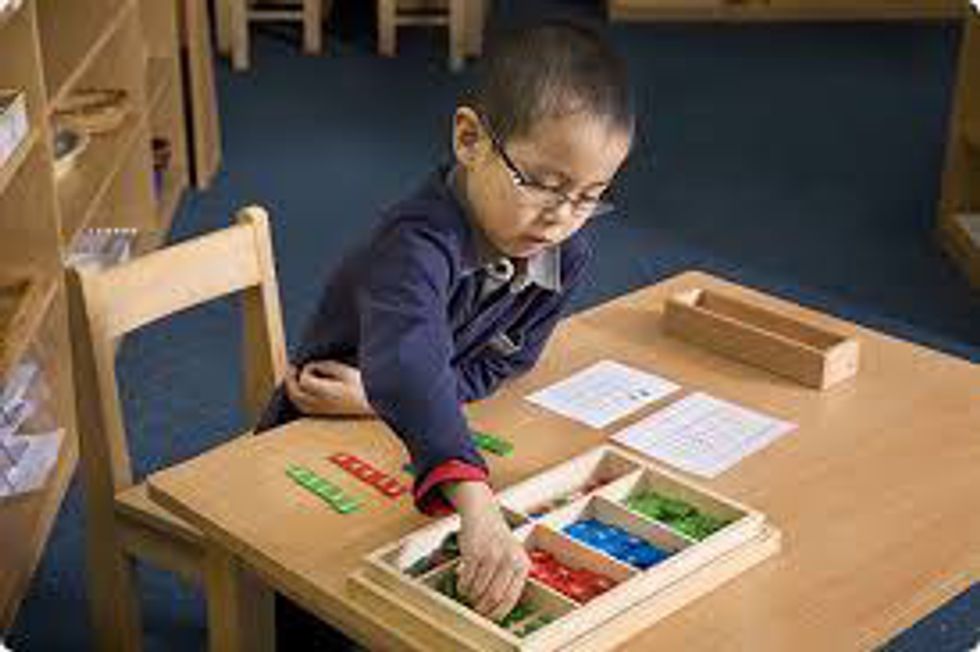
Potential career options/hobbies: Not particular to specific careers
Classroom adaptations: Conduct research and complete projects individually
Naturalistic Intelligence
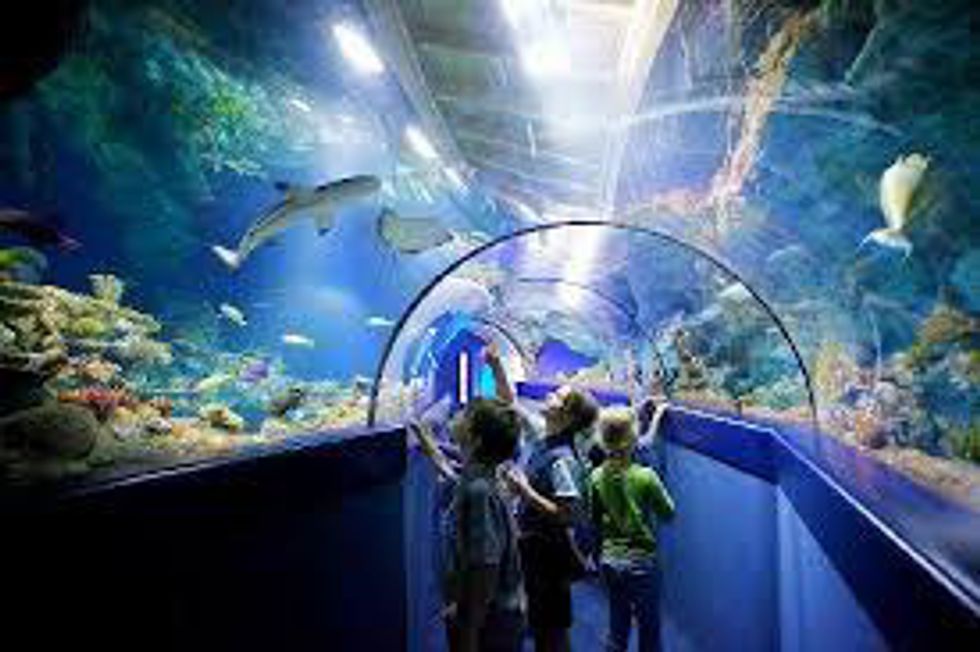
Potential career options/hobbies: Taxonomist, state park worker, hiking, camping
Classroom adaptations: Supply plants in the classroom; a field trip to an aquarium
Existentialist Intelligence
Definition: Trying to understand the larger fundamental questions of existence
Potential career options/hobbies: Philosopher, theorist
Classroom adaptations: Teach students how to study astrology charts; complete community service projects
To summarize: spatial/visual, bodily-kinesthetic, musical/rhythmic, linguistic/verbal, logical-mathematical, interpersonal, intrapersonal, naturalistic, and existentialist intelligences comprise Howard Garner’s Theory of Multiple Intelligences. Individuals are not limited to a lone type of intelligence, but may inhibit several. Thus, it is imperative for educators to be aware of their students’ intelligences and act appropriately.
References
- Gardner, H. (2014). MIOASIS. Retrieved from: http://multipleintelligencesoasis.org/resources/
- Martin, C.L. & Fabes, R. (2009). Introduction to child development. In G. Hoffman (Ed.), Discovering Child Development (2nd ed., Vol. 1, pp. 4-10). Boston, New York: Houghton Mifflin Company.




